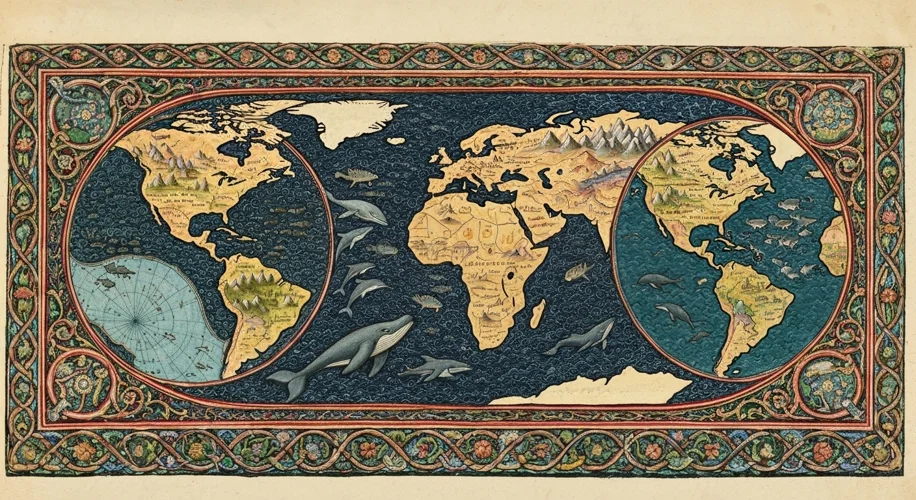It’s August 2025, and the global economic stage feels… uncertain. We’re seeing a trend where political leaders, often speaking directly to a nation’s concerns, propose economic policies that can sound appealingly simple but have complex ripple effects. These are often labeled as populist economic policies, and understanding their impact is key to understanding our interconnected world.
At its heart, populist economics often focuses on protecting domestic industries and jobs, often through measures like tariffs. Think of it as trying to build a stronger wall around a nation’s economy. The idea is to make imported goods more expensive, encouraging consumers to buy locally. Historically, this approach isn’t new. We saw similar patterns in the early 20th century, with countries implementing protectionist trade policies. The aim was often to foster domestic growth and national self-sufficiency.
What does this look like in practice today? It often translates into taxes on imported goods, sometimes called tariffs. On the surface, this can seem like a win for domestic producers. If a foreign-made car suddenly costs more, the argument goes, more people will buy the car made down the street. This can, in theory, lead to more jobs and increased production within the country.
However, the story rarely stops there. When one country imposes tariffs, other countries often retaliate with their own tariffs on the first country’s goods. This tit-for-tat can escalate, disrupting established trade routes and making international business far more complicated and expensive. For consumers, this can mean higher prices not just on imported items, but also on domestically produced goods that rely on imported components. For example, a car manufacturer might need specialized parts from abroad; if those parts become more costly due to tariffs, the final price of the car, even if assembled domestically, will likely rise.
These trade disputes can have a significant impact on international relations. When economies are tightly linked through trade, disruptions can create friction between nations. Financial markets also react to this uncertainty. Investors often become more cautious when trade policies are unpredictable, leading to volatility. Companies that operate globally might scale back investments or reconsider their international strategies, impacting job markets and economic growth worldwide.
Looking back, periods of widespread protectionism have often been followed by economic slowdowns and increased international tension. While the immediate goal of populist economic policies might be to bolster a nation’s economy, the long-term consequences can be a more fragmented, less stable, and potentially more expensive global economic landscape. It’s a complex dance, and understanding the steps involved is crucial for navigating the economic currents of our time.

